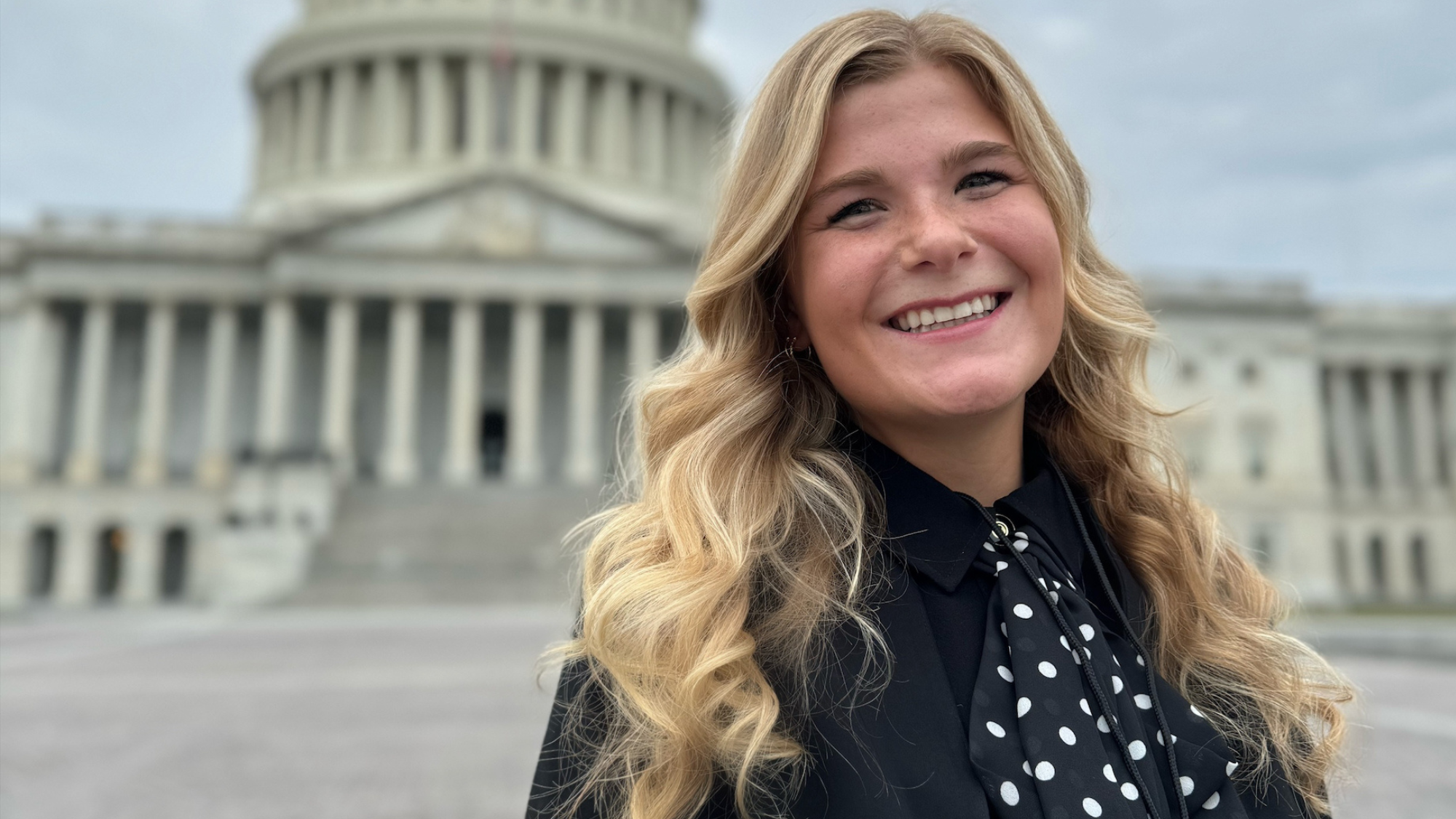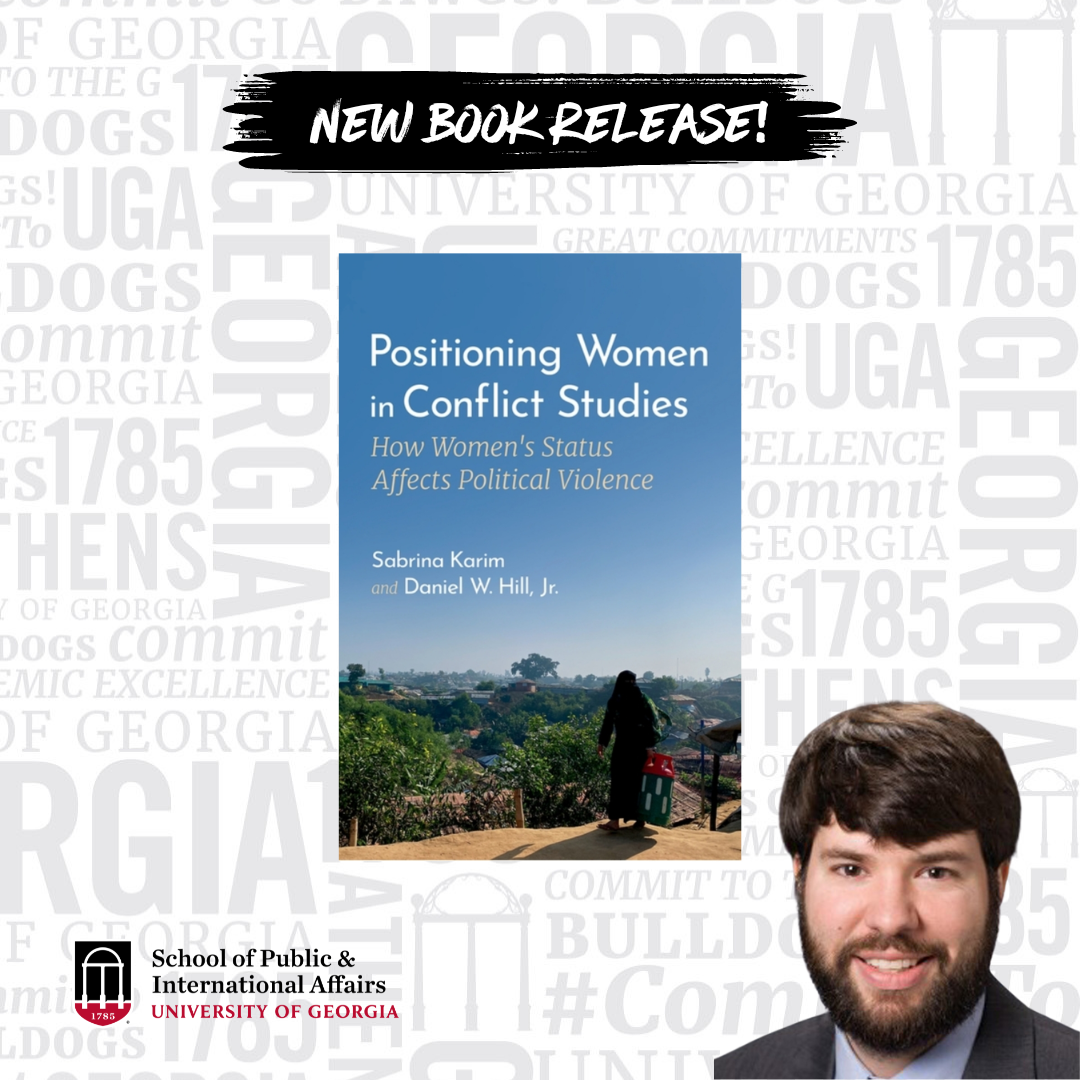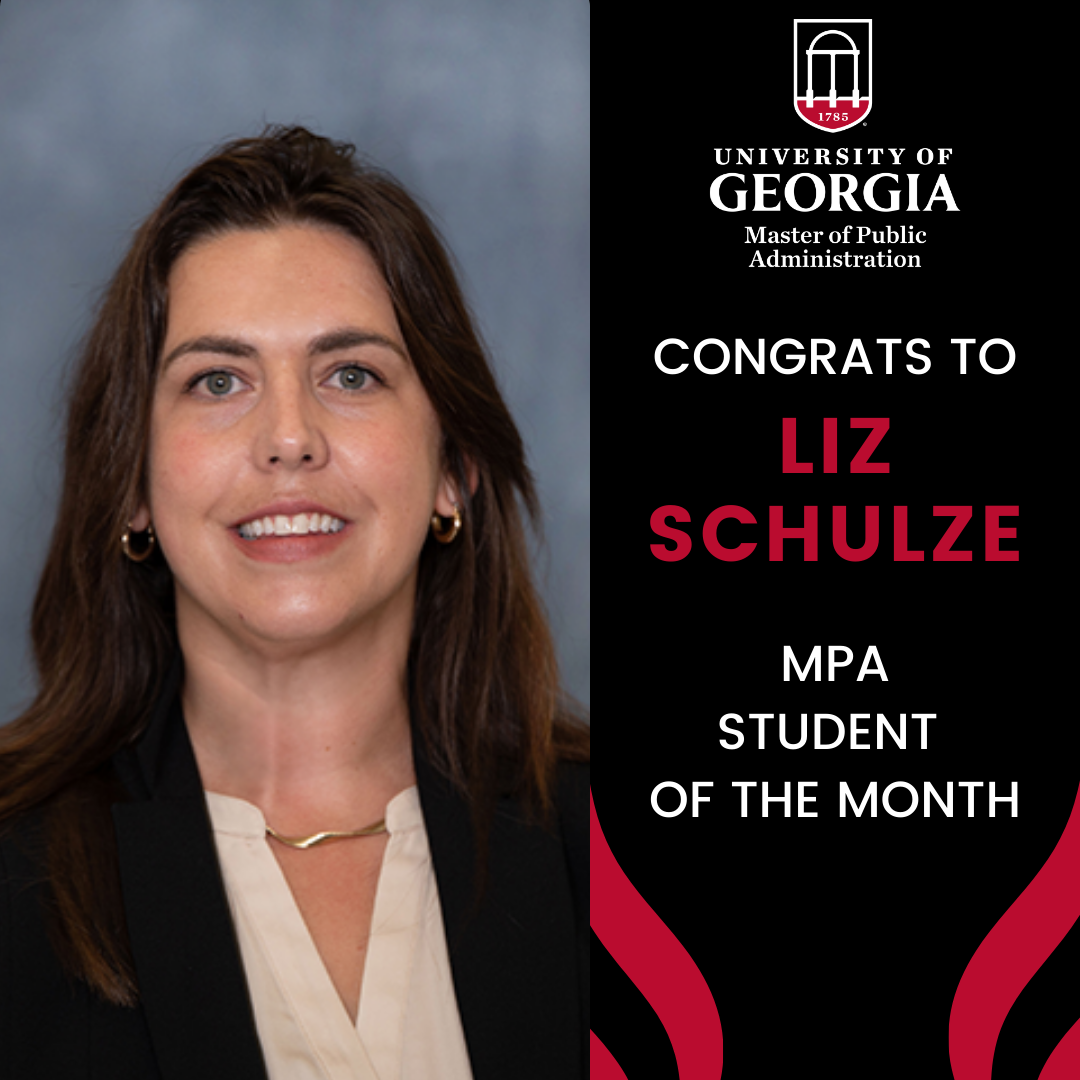
By: Rachael Andrews
Dr. Emily Zier (PhD, ‘19) and Dr. W. David Bradford, Busbee Chair in Public Policy professor of public administration and policy, collaborated on research that investigates the impact of vaccine exemption policies on school enrollment decisions. This kind of research is important for the public health and education fields, as each state has different policies regarding how to obtain a vaccine exemption.
The goal of the study was to see if people who are considered “vaccine skeptical,” in other words, those who do not adhere to the traditional vaccine schedule or who may forego vaccines altogether, would change their school choice based on whether or not they could obtain a vaccine exemption based on their state’s specific policies.
For example, someone who is vaccine skeptical and wanted to send their child to public school might change their mind and decide to switch to private or homeschooling, rather than obtain the vaccines if they were unable to get an exemption in their state.
“From previous research, we know that private schools allow exemptions at a higher rate, despite the state policy,” Zier explains. “So, in states with stricter exemption laws, [we want to see if there is] a shift from enrollment in public schools to private schools or homeschooling.” This would mirror an effort by vaccine skeptical parents to avoid getting vaccines for their children.
Zier and Bradford base their research on several assumptions. The first assumption is that vaccine requirements would be a concern for some parents and in fact, may be a deterrent to enrolling their children in school. On the opposite end of the spectrum, less strict vaccine exemption policies may be a worry for vaccine-confident (as opposed to vaccine-skeptical) parents who would prefer their children to be in vaccine-intensive environments. Zier and Bradford’s research sought to find out which of these forces dominate.
“Overall, strict states see an increase in enrollment for five to nine year-olds, the age at which education is compulsory,” Zier says. “However, [we also see] a decrease in overall enrollment for three to four year-olds, when education is non-compulsory.”
This suggests that parents feel more confident in sending their children to public school, rather than private school, when they feel that their children will be in a vaccine-intensive environment, and thus safe from illness.
Zier’s policy recommendation is mostly intuitive; strict vaccine policies do not deter parents from sending their children to school when it is mandatory for children to be in school, which is good for both public health and education. However, there are groups that are more likely to be vaccine skeptical than others, and a beneficial next step for research would be to isolate the reasons why.
“On the individual level, highly educated, white mothers are more likely to be vaccine skeptical or to alter the vaccine schedule,” Zier points out. “Those who are in a lower socioeconomic class are more likely to follow their doctor’s advice, rather than seek out their own answers, from Google, for example.”
Zier would like to see future research delve deeper into school choice–specifically, how parents choose schools for their children. She also sees a great need to identify what exactly is proliferating vaccine skepticism.
“I’d also like to see the education and health outcomes for both groups of children–those who are vaccinated and sent to public school and those who are not vaccinated and thus homeschooled or sent to private schools with vaccine exemptions,” Zier concludes.
Private funding makes it possible to recruit PhD students like Emily, and you can be a part of providing that opportunity through the PADP Doctoral Fellowship Fund.









